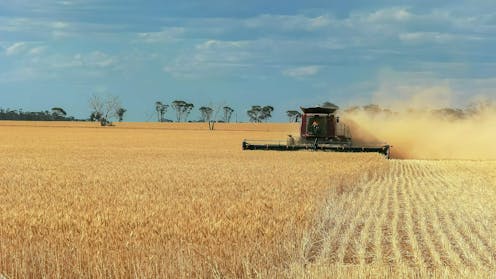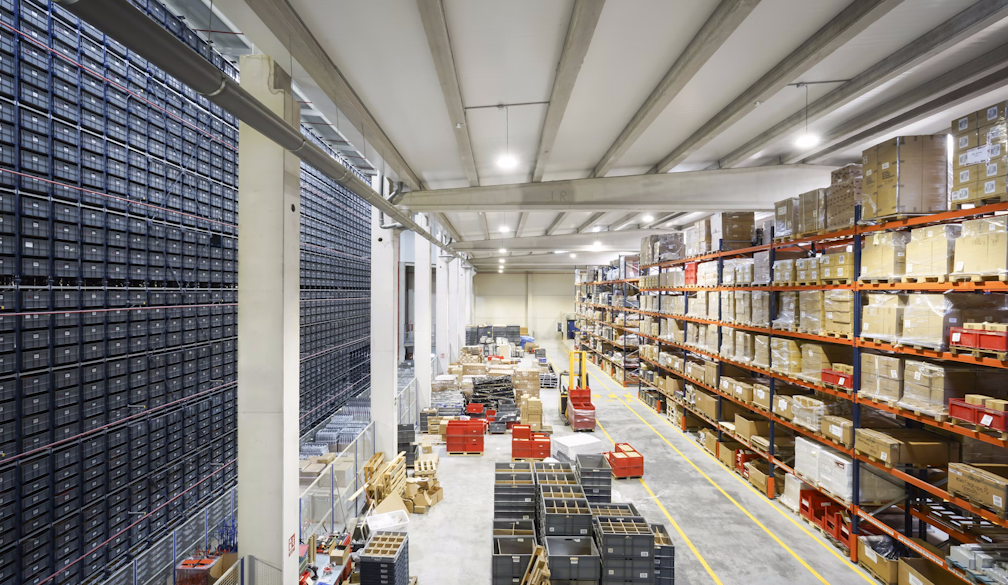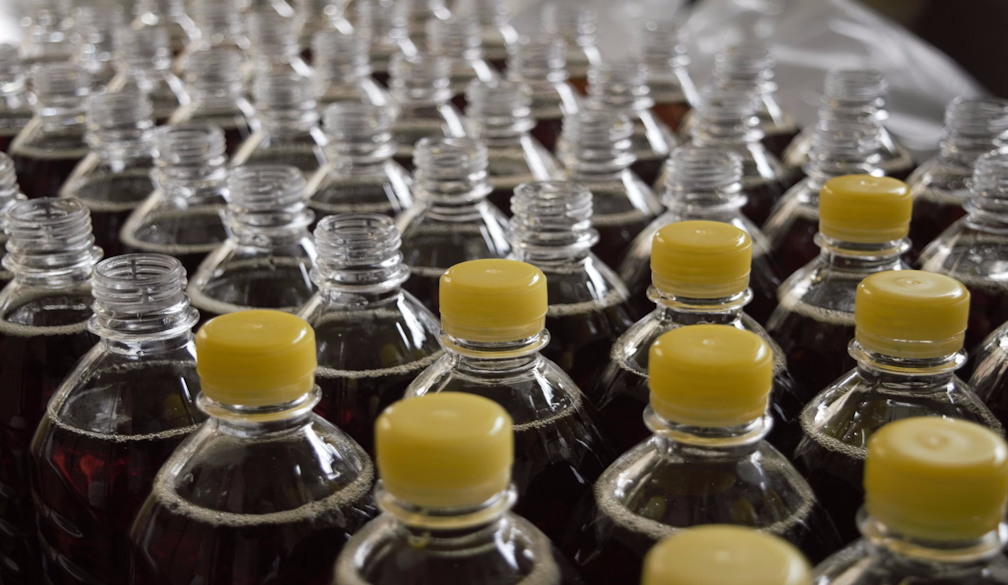To boost the nation’s health, the government’s proposed food strategy must put people over profits
- Written by Rachael Walshe, Post-doctoral Researcher, University of Canberra

On election night, a triumphant Anthony Albanese took to the stage brandishing a Medicare card as a symbol of the nation’s commitment to public healthcare.
As the re-elected government gets to work on its promised national food security strategy “Feeding Australia”, it has a unique opportunity to build a strategic agenda as bold and transformative as Medicare.
That agenda is investment in food as a public good – a recognition that a healthy food system is as important to the nation’s health and wellbeing as access to hospitals, bulk-billing doctors and subsidised medicines.
Feeding Australia
The new Labor government, with its large majority, has a once-in-a-generation chance to deliver meaningful change in our food system.
It went into the election promising a new food security strategy, which Agriculture Minister Julie Collins says will improve supply chain resilience and and minimise price volatility at the checkout:
Australia has an impressive record in agriculture, feeding millions of people both here and abroad, but we can’t afford to be complacent. The Albanese Labor government will protect and strengthen Australia’s food security for the benefit of our farmers and all Australians, as well as the trading partners that rely on our produce. When our food and supply chains are secure, it reduces financial strain on households, helping all Australians.
Labor has tried this before. In 2013, the Gillard government’s short-lived National Food Plan was critcised for prioritising corporate interests over public health and sustainability.
Repeating past mistakes will again risk putting corporate hunger first. The Feeding Australia strategy must prioritise the health of people, planet, and care for Country.
Food for thought
The food security strategy must address multiple, converging crises:
- growing food poverty
- worsening diet-related health
- biosecurity threats
- accelerating climate change
- declining farmer viability
- supermarket duopoly.
Australia produces enough food to feed more than twice its population. Yet it struggles to feed its own people well.
Foodbank Australia estimates one third of Australians now experience some form of food insecurity. A combination of market failures and policy inaction leaves us vulnerable to supply chain disruption and even greater food inequity.
Biosecurity is also a challenge. The recent outbreak of bird flu means eggs – a basic pantry item – now cost 16.1% more than 2020.
But it’s not only consumers who are suffering. One-third of vegetable growers are considering leaving agriculture in the next year, due to high costs and what growers’ group AUSVEG has called the “relentless squeeze” on margins.
A business-as-usual approach will only reinforce the current state of Australia’s supermarket sector, which is among the most concentrated and profitable in the world. Accusations of price gouging and misleading pricing raise concerns for consumers, particularly during a cost-of-living crisis.
As extreme climate events and biosecurity threats increase in frequency and intensity, the duopoly’s centralised supply chains have occasionally failed. After this year’s floods in Far North Queensland, supermarket shelves were empty once again.
Yet, independent grocers with shorter supply chains remained stocked – as they did during the Queensland floods in 2011.
The food strategy must do more than offer a band-aid solution to fix an ailing food system.
Community networks
Local food networks have an important role to play in this process.
They are collectives of people and organisations that are committed to creating food and farming systems that put health, equity, and sustainability first. They gather collective wisdom, mobilise public procurement to support local producers, and secure more democratic, health-oriented, and sustainable food system policies.
Food networks are flourishing in North America, which has more than 300 active councils as of 2023. The Australian sector is not as mature, but is growing.
Groups including the South Australian Urban Food Network, Tasmanian Food Security Council, Southern Harvest (NSW/ACT), and Farm 2 Fork Collective (Queensland), demonstrate growing capacity for citizen involvement in food policy and decision making. These networks encourage local initiatives such as community gardens, food hubs, and localised institutional procurement.
New research points to how community-led food cooperatives can also help improve food security and healthier diets.
These, and other examples, show the power of community in strengthening food system resilience and security. But they can’t do it alone. Communities need government support and investment.
Future food
The question of who feeds Australia – and how we are fed – matters to us all.
The National Food Security Strategy is an opportunity to forge a more healthy food future. It can lay the foundations for a food and farming system that feeds us well for generations to come.
Achieving this bold agenda will take an inclusive, participatory process that foregrounds First Nations’ voices and the lived experience of those at the sharp end of the cost-of-living crisis.
Authors: Rachael Walshe, Post-doctoral Researcher, University of Canberra



















